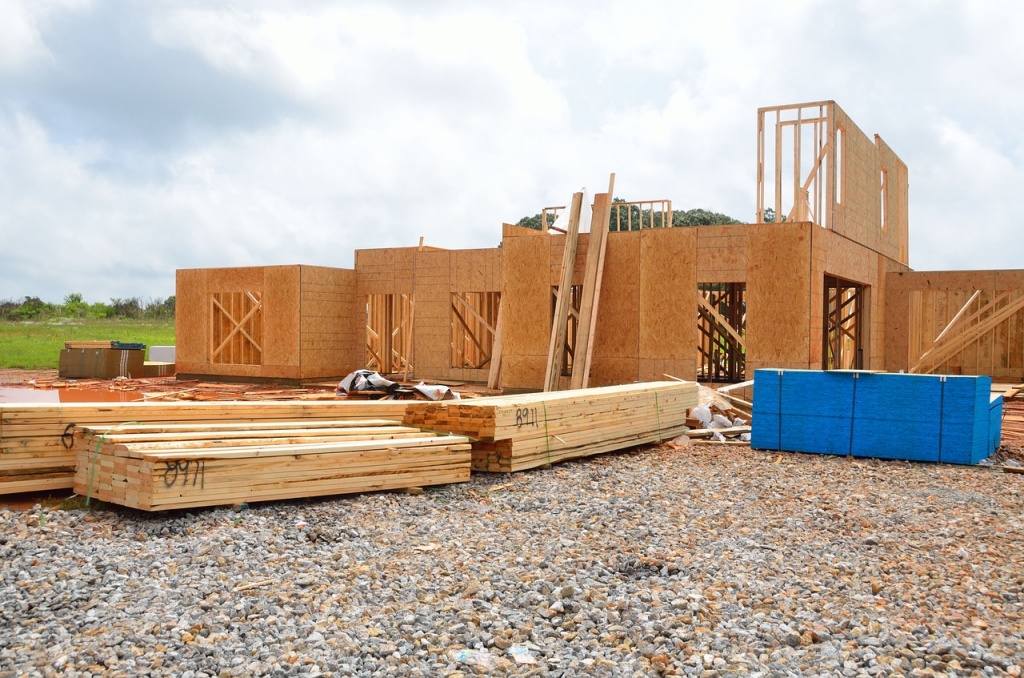All-Inclusive Trust Deed or Mortgage
By Al Lowry
An all-inclusive trust deed or mortgage is also sometimes referred to as a wraparound or overriding trust deed or mortgage. This is a trust deed or mortgage that is subordinate to, yet includes all the encumbrances to which it is subordinated. But sometimes in connection with refinancing. It is easier to illustrate than to explain.
A few years ago, I knew an owner who wanted to sell a property on which he was paying off a twenty-five year loan. The unpaid balance was $30,000. He was paying 6% interest. He found a would-be buyer, and the two of them agreed on a price of $60,000, with the buyer to put up $10,000 in cash, leaving $50,000 to be financed somehow.
One possibility was for the buyer to try to refinance the $30,000 first mortgage with a new, larger loan. However, the money market was tight at the time. Any new loan he might get probably would not be for more than $42,000 and would cost him 10 percent interest plus at least two points. In addition, there would be a prepayment fee on the existing loan equal to six months’ unearned interest, or another $900.
A second possibility is that the buyer might assume the $30,000 existing loan and have the seller carry back a purchase money second trust deed or mortgage for the remaining $20,000 of the sales price. The interest rate could be whatever the buyer and seller agreed on up to the maximum legal rate, which in their state was 10 percent at the time.

A third possibility (and the one they finally decided on) was to use an all-inclusive deed of trust. The buyer gave the seller a promissory note in the amount of $50,000 with interest at 8 ½ percent. The note contained a clause to the effect that it’s face amount included the unpaid balance of the first mortgage, and that the seller would still be responsible for making payments on that underlying obligation as it stood. So the seller was in the comfortable position of receiving interest at an annual rate of $4,250 (8 ½ percent of $50,000) while paying out interest at an annual rate of $1,800 (six percent of $30,000), thereby netting $2,450, or 12.25 percent on the $20,000 difference between the two notes. This is 2.25 percentage points higher than could legally have been charged if he had carried back a $20,000 purchase-money second. The arrangement put an extra $450 per year into his pocket.
The buyer made more money too. He avoided completely the $900 prepayment penalty and some $1,000 in loan-origination costs he would have incurred if he had taken out the new 10 percent $42,000 mortgage. Furthermore, he ended up paying 1 ½ percentage points ($750) less annual interest than he would have paid on a new first and second totaling $50,00 fortunately, the option to use an all-inclusive note is limited to cases where there is no acceleration or other alienation clause in any of the notes or mortgages against the property, or if there is such a clause, the lender agrees to waive it. He will seldom waive it unless he has little to lose by doing so. In that case, the borrower may also have little to gain from the lender’s willingness to allow the loan to stand intact. When there is no clause in the existing loans that blocks them, all-inclusive loans can be good to use when:

1. There is a locked-in loan that cannot be paid off – at least without severe penalties.
2. The buyer is a poor risk and is making a small down payment.
3. A property is overpriced and the seller sticks to the price but not to the terms of sale.
4. The existing loans are at lower interest rates than you could get on new financing.
5. There is little time to shop for new loans and little chance of the buyer’s qualifying for them.
6. The down payment offered is so low that the only practical alternative would be for the seller to carry back a large purchase-money mortgage.
There are so many ways to make money with real estate.

Albert Lowry is an authority on real estate investing and a nationally recognized lecturer. One of his 20 books, “How You Can Become Financially Independent In Real Estate”, was on the New York Times Best Seller List for three consecutive years. He has a Doctorate in Business Administration, and taught the first Masters Degree Program in Real Estate.
Albert has bought and sold hundreds of properties, run multiple corporations and started many of the investors associations throughout America. He has taught over 350,000 students worldwide and is in the Academy of American Exchangers “Hall of Fame”.














































